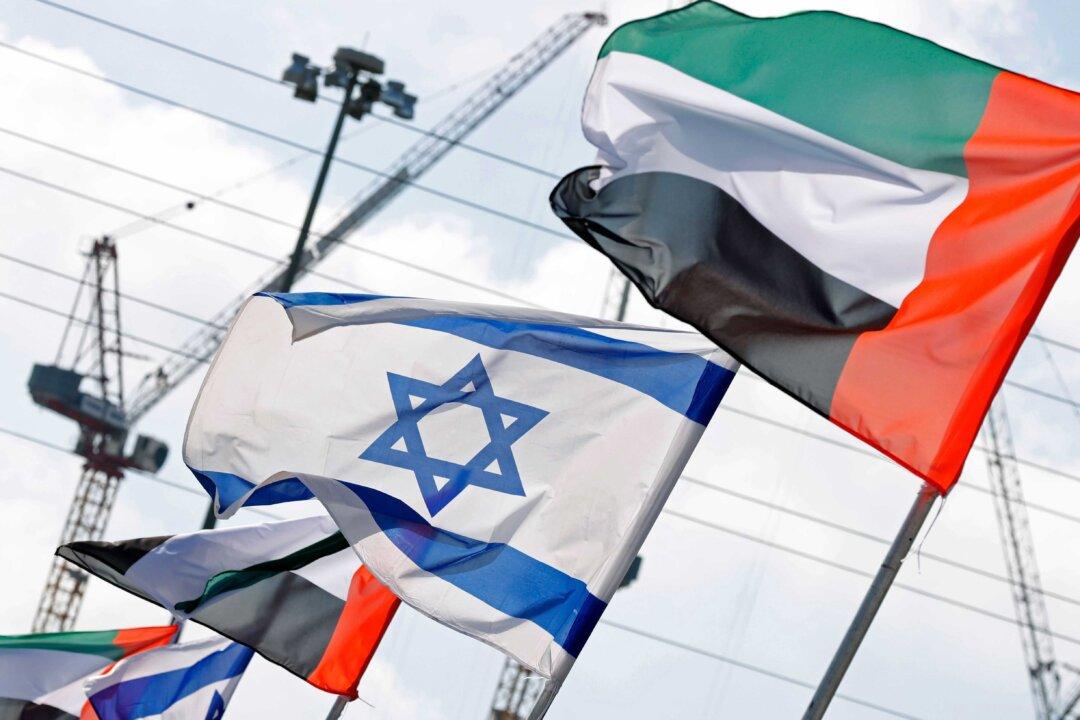Commentary
The Israeli peace deal with the United Arab Emirates (UAE) is viewed as a very smart deal, with the latter acknowledging the reality and legitimacy of a Jewish state in the Middle East.

The Israeli peace deal with the United Arab Emirates (UAE) is viewed as a very smart deal, with the latter acknowledging the reality and legitimacy of a Jewish state in the Middle East.